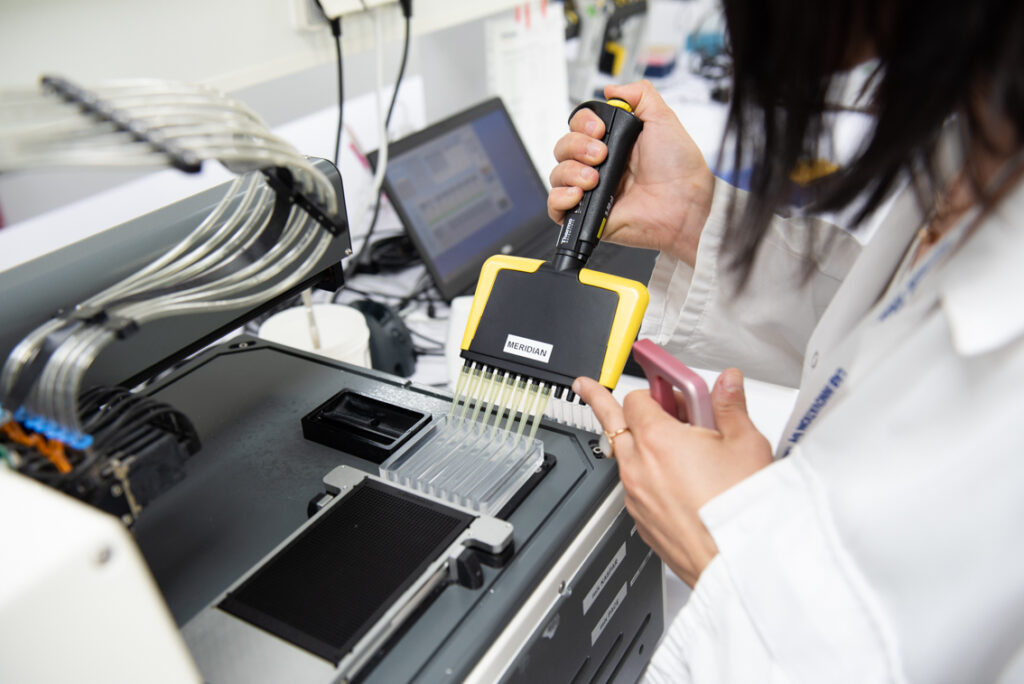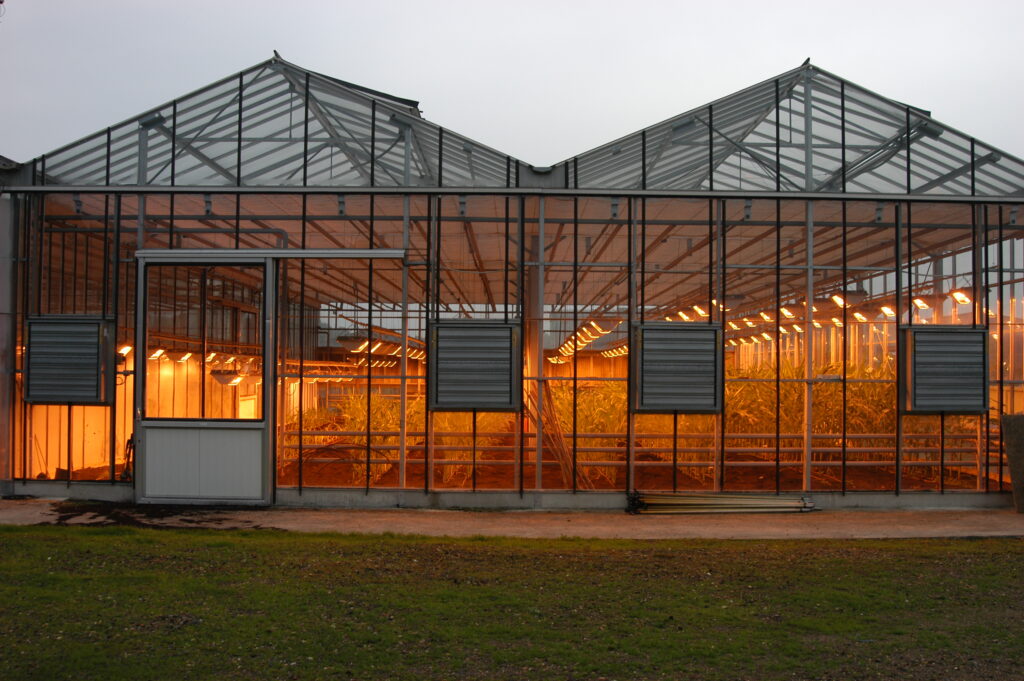The laboratory teams at MAS Seeds, Maïsadour’s seed subsidiary, welcomed the film crews from France 3 to Haut-Mauco a few weeks ago. The journalists produced a short report highlighting research into the seeds of tomorrow.
Every year, MAS Seeds devotes almost 10% of its budget to research, an essential prerequisite for adapting to tomorrow’s markets. In Haut-Mauco, 53 people work in the Research and Development department, which includes a laboratory, experimental greenhouses and field trials.

Laboratory selection
Throughout the year, MAS Seeds teams experiment with different varieties of corn and sunflower seeds, using plants carefully selected for their resistance and yield capacity. In the laboratory, these plants are studied to identify genetics that are tolerant to water stress and various diseases.
Tomorrow’s seed varieties are selected today according to these criteria. This process makes it possible to select seed lines and varieties that are more resistant to increasingly unstable climatic conditions.
Greenhouse and field trials
These selected varieties are grown in greenhouses at Haut-Mauco, but also on a vast network of field trials, in a wide variety of conditions (over 230 test sites, from south-west France to Eastern Europe), in order to verify the adaptation of the seeds to all types of regions and climatic and pedoclimatic conditions. In this way, the test crops undergo several types of stress.

7 years of research for a new variety
The seeds developed today will be ready for the market in at least 7 years’ time. That’s how long it takes our Research & Development team to analyze, implant and develop these seeds of the future. MAS Seeds is already working to meet the challenges of 2030.
Developing more resilient seeds also means promoting more environmentally-friendly farming practices. In this way, MAS Seeds is fully in line with Maïsadour’s Ambition 2030 roadmap, and its strong commitment to agro-ecological transition.
